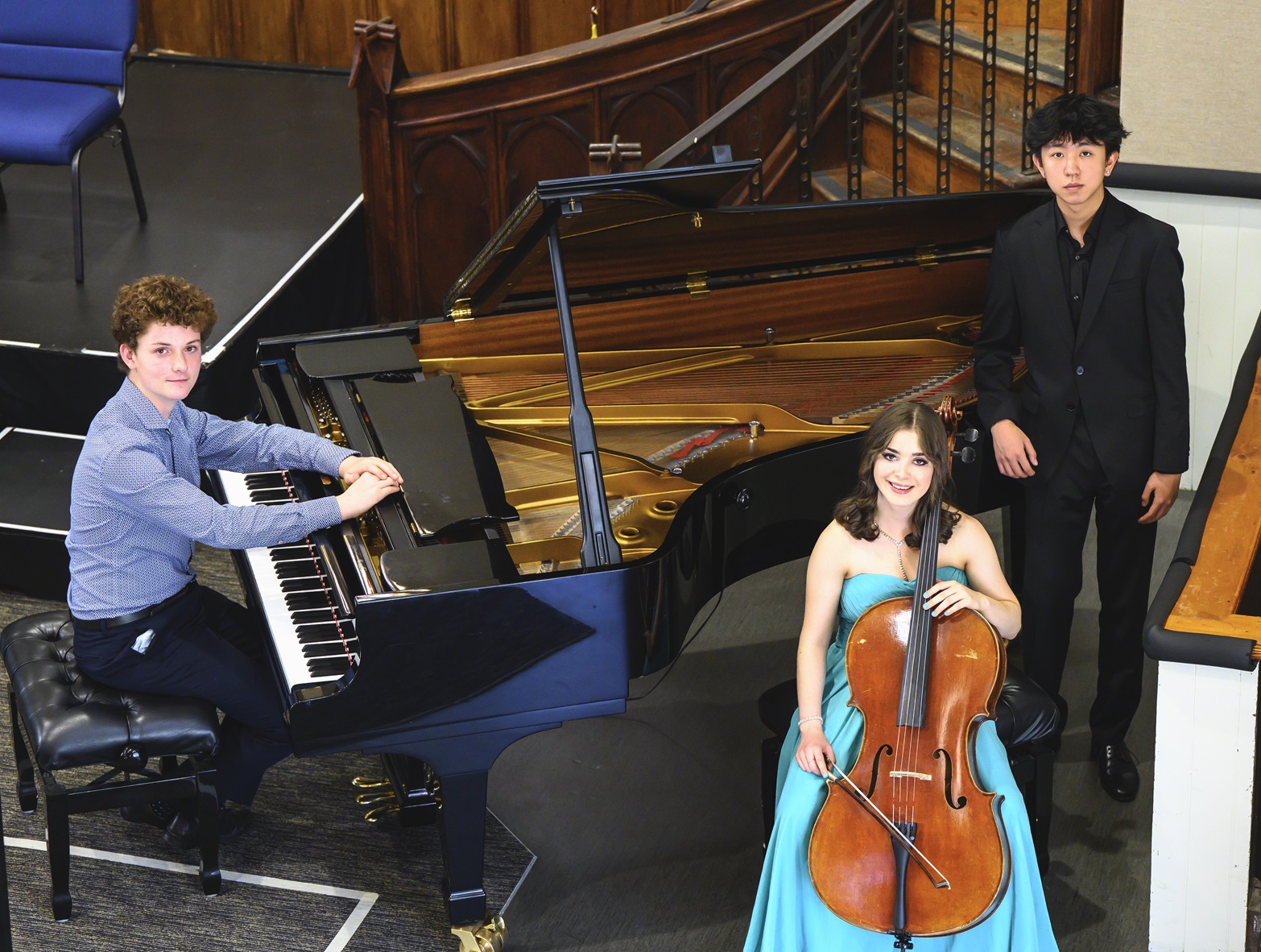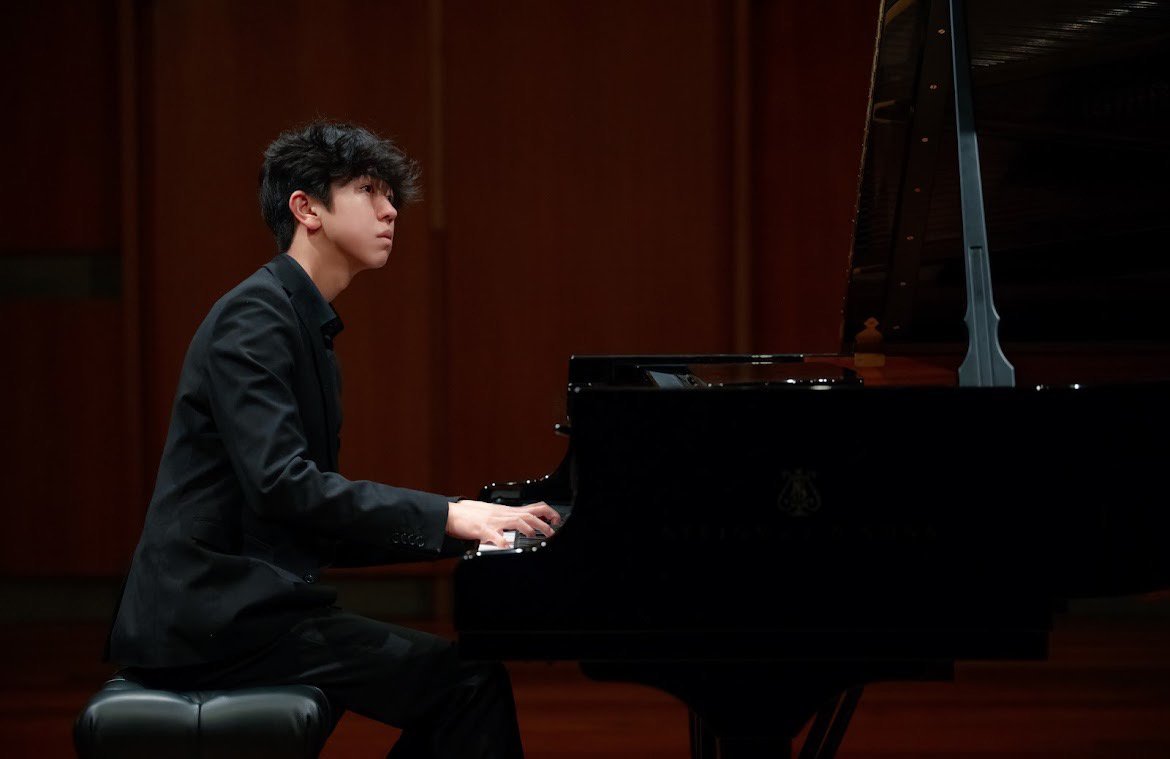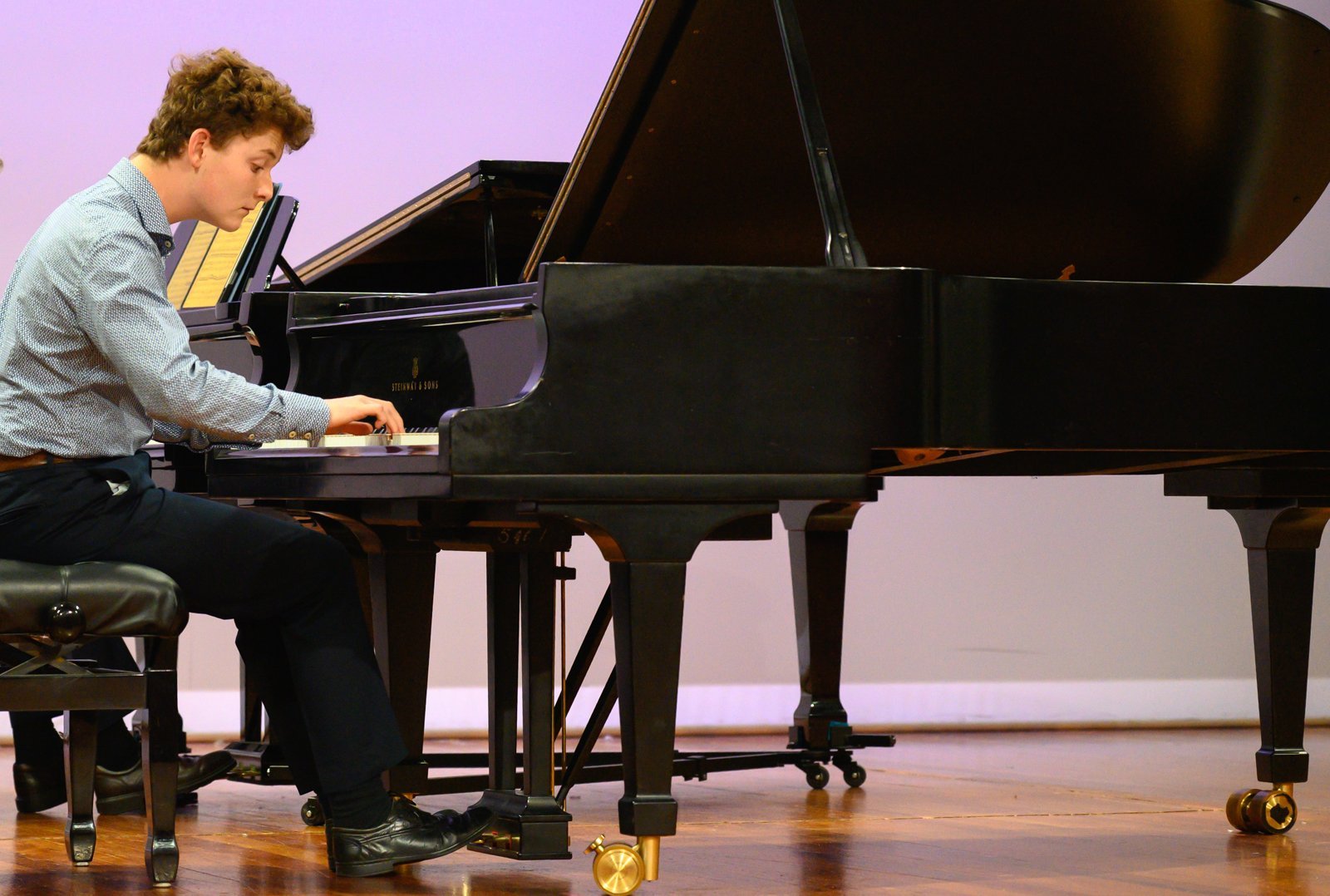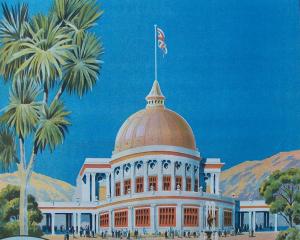
Cellist Portia Bell, 18 and pianists Roy Zhang, 19, and Ozan Biner-McGrath, 16, will get the rare chance to perform concertos with the Dunedin Symphony Orchestra.
Conducted by principal guest conductor James Judd, the three musicians will perform their chosen pieces solo alongside the symphony and Dunedin Youth orchestras.
They will be assessed on their performance by judges Samuel Jacobs, principal horn, Sydney Symphony Orchestra; Monique Lapins, former second violinist, New Zealand String Quartet and lecturer, New Zealand School of Music — Te Kōkī; and Dr Jian Liu, deputy head of school, head of piano studies, associate professor, New Zealand School of Music.
Up for grabs is a share of $15,000 in prize money, generously donated by the HTowers Charitable Trust.
TO SEE:
Dunedin Concerto Competition Finalists’ Concert — Rising Stars, May 16 at 7.30pm in the Dunedin Town Hall.

Portia Bell, cellist
After getting a taste of what it is like to play with the Dunedin Symphony Orchestra last year, an opportunity to play a concerto with it was too great to resist for Portia Bell.
Having just moved to Dunedin from Christchurch to study, she also thought the Dunedin Concert Competition was a great way to introduce herself to the Dunedin music community.
Studying music at the University of Otago with Dr Heleen du Plessis, who is also the DSO’s principal cellist, Bell was confident du Plessis could help her prepare for the opportunity.
"She invests a lot in her students. She was the teacher I thought would be the best for me as well, just to improve my technique so I could perform with an orchestra," Bell says of her choice to come south.
It is important as it is qutie a different experience playing with lots of musicians behind you, than just by yourself, she says.
"You’ve got to learn a new way of playing."
Bell started playing cello when she was 10, moving to it from the piano, but she and her identical twin wanted to learn an orchestral instrument like their older sister who played in an orchestra.
"So I decided on the cello because obviously I couldn’t learn the violin because my older sister learnt the violin. But I still liked the sound of string instruments. And the cello I thought was a cool instrument at the time and I liked the sound it made."
Her sister took up the flute and is studying at Wellington’s School of Music.
Having studied through Burnside High School’s music programme, Bell has found studying cello performance at the University of Otago less daunting than she thought.
Living at St Margaret’s College she is enjoying having use of its music room to rehearse and practise in.
"It’s nicely heated and it’s big and it has like a mirror and things. And so that’s kind of what you need for a practice room which is great."
The practice paid off for the competition heats and she enjoyed working with the accompanist.
"I think one of the adjudicators said how she loved the ensemble between us. And that’s actually really hard to find with an accompanist because you’ve only played with them a few days leading up to the performance."
She selected to play Dvorak’s Cello Concerto in G minor as she has played most other cello concertos before.
"It’s the most famous cello concerto and the hardest one so I thought I would challenge myself with it."
Also her previous teacher had thought it was too tough for her to do in the time she had.
"But then I learnt it in a week and sent a video to her. So I was quite determined to play it."
Having a new teacher, she also thought it would be good to start with a new piece in which she had not developed any bad habits.
"It’s technically challenging but I think I’ve learnt a lot from the piece as well. I thought if I’m doing this competition, I may as well get the most out of it."
She has spent months taking the piece apart from start to finish to help her memorise it and learn to create the sounds she wants from her instrument. It has also been a lesson in taking things easy, as she has a tendency to over-practise at something she is focused on, to also ensure she does not injure herself in the process and learn to sustain herself throughout the performance.
"Because it’s, for a cellist, it’s quite a long piece and you have to have a lot of energy. Like, every note has to be really resonant as well. With the cello, you’ve already got six cellists behind you, plus all the strings, which, because they’re higher instruments they carry more. And the cello’s range is a bit lower than that. So it’s easy to disappear. "
Bell really enjoyed the opportunity to perform in the DSO last year and liked the collegiality of the orchestra as well as the social side of it.
"And so it is kind of nice that the people I am friends with are accompanying me [for the competition]."

Roy Zhang, pianist
Roy Zhang gave up playing for a year to concentrate on his university studies, but has not been able to stay away from the piano.
Zhang has played the piano since the age of 4.
"I had an auntie who was learning violin at the time. And my mum noticed I would pick up on the music and play it on the keyboard so she started giving me lessons."
Last year the former Burnside High School pupil moved to Dunedin to study health sciences and found himself too busy to play.
"I only got to play a little bit at the halls as they had pianos there."
Over the years he has played in competitions such as New Zealand Junior Piano Competition and attained his LTCL piano diploma. He has also learned the violin. As part of a chamber group, he won the American Virtuoso International Music Competition chamber section and an invitation to play at Carnegie Hall in New York but the group were unable to take up the opportunity.
He enjoys the performance aspect of being a pianist, describing himself as an introvert off stage.
"I get to express myself on stage."
So he found himself really missing playing and decided to make time for it this year now he has moved on to study genetics.
The concerto competition was a great way to get back into playing, he decided. He selected a piece, Ravel’s Piano Concerto in G major, that he had already learnt.
"So I picked it up again. It’s a bit different to how I would normally practice. I have to go through the orchestral score, and I have to practise with another piano, so they can play the orchestra part. So it’s not just learning my part, I have to learn the accompaniment as well. "
The piece is fun to play and not too serious with the second movement more intimate and emotional than the first, he says.
"I think it is one of the most beautiful second movements out there."
Getting back on stage for heats of the competition was a bit nerve-racking he found but he soon got into the zone.
"It’s just before and after, that’s the most scary."
He is enjoying the break playing gives him from study and work in laboratories which comes with it.

Ozan Biner-McGrath, pianist
Mozart's Piano Concerto No 20 is dark and grim — a major attraction for young pianist Ozan Biner-McGrath.
So it was an easy choice for him to play in the Dunedin Concerto Competition.
"It’s a great piece. It’s got some beef behind it. For a classical concerto, it’s heavily orchestrated. It’s got timpani, it’s got trumpets. It’s got a cadenza written by Beethoven. Which is cool."
Biner-McGrath, who attends Logan Park High School, is no stranger to the competition having competed twice before but puts his success at reaching the finals this year down to being a bit older and having more experience.
Both parents are musicians and his father, Tom McGrath, is a piano and chamber music tutor at the University of Otago School of Performing Arts. So learning piano was a done deal, he says.
He began learning from his father, then John Colwell for five years, before returning to learn from his father.
"It was always the piano. I was always tinkling away I’ve been told."
While he does get nervous, it has not stopped him from performing. He performed Haydn’s sunny Piano Concerto in D Major with the Collegiate Orchestra at Hanover Hall two years ago and has taken part in Dunedin Performing Arts Competitions Society events for many years. He was also a finalist in the 2023 Lewis Eady National Junior Piano Competition.
"I try and stay calm and think about the music and not think about how well I did."
His piece for the concerto competition has required numerous hours spent practising.
"It’s very exposed, which means you hear everything. So it needs to be crisp and clean. I also practise solo pieces quite a lot. I try. It’s quite hard. It’s a balancing act with doing school. To find time to practise. I try to practise as much as I can. So that’s at least two hours a day."












